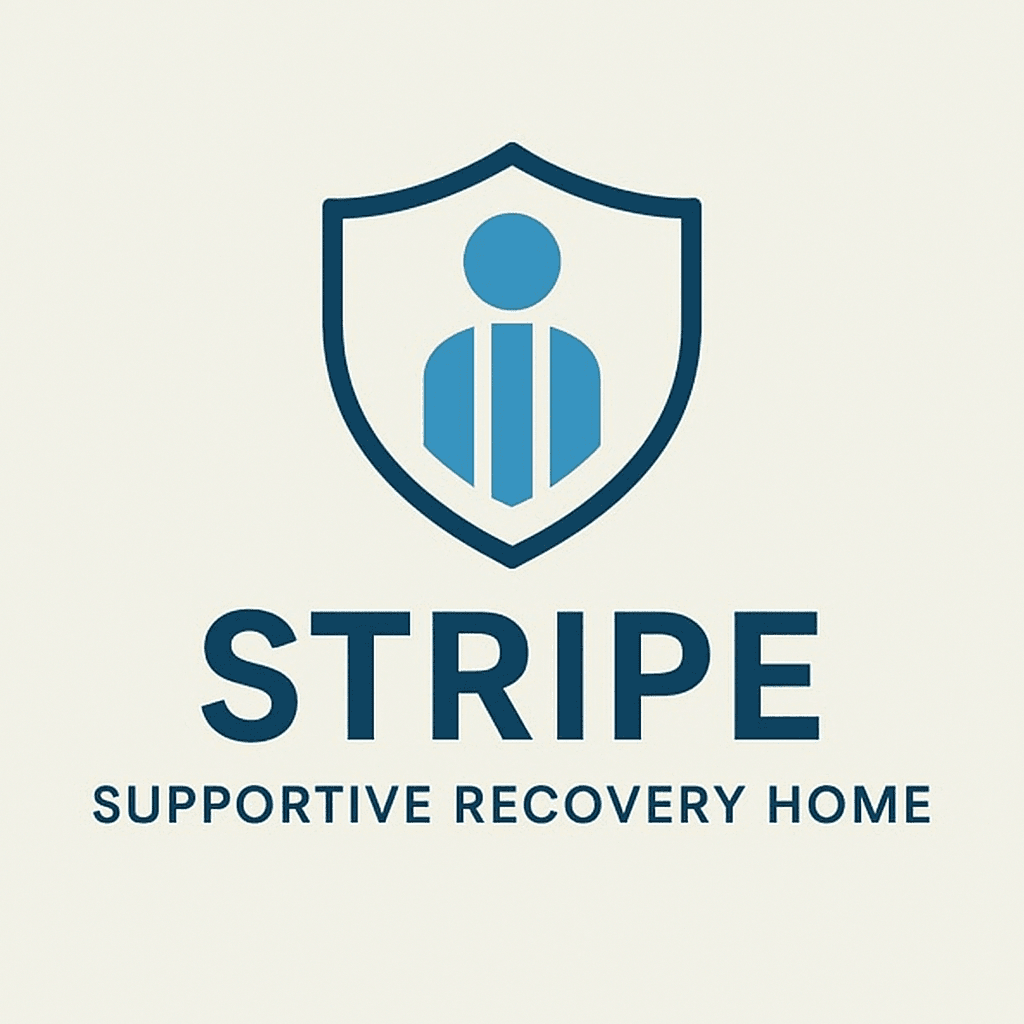Common Misconceptions About Transitional Housing for Recovery
Understanding Transitional Housing for Recovery
Transitional housing plays a critical role in the journey of recovery for many individuals. However, numerous misconceptions surround this concept, often leading to misunderstandings about its purpose and efficacy. This blog post aims to clarify these misconceptions and shed light on the true nature of transitional housing for recovery.

Transitional Housing is Not Permanent Housing
One common misconception is that transitional housing is the same as permanent housing. Transitional housing is designed to be a temporary solution, offering individuals a safe and supportive environment as they work towards long-term stability. It bridges the gap between immediate shelter and permanent housing, providing residents with the resources and time needed to regain independence.
Transitional Housing is Not Just Shelters
Another misconception is that transitional housing is merely a glorified shelter. While both provide essential services, transitional housing typically offers more comprehensive support systems. These can include counseling, job training, and life skills workshops, all aimed at helping residents rebuild their lives and prepare for self-sufficiency.

Residents Are Not Left to Their Own Devices
Some people mistakenly believe that individuals in transitional housing are left to navigate recovery on their own. In reality, residents have access to a range of support services, including case management and community resources, which are vital in guiding them through their recovery journey.
Transitional Housing is Not a One-Size-Fits-All Solution
Each person's path to recovery is unique, and transitional housing programs reflect this diversity by offering tailored support. Programs may vary in their approach, duration, and services to meet the diverse needs of residents. This flexibility ensures that individuals receive the support necessary for their personal growth.

Stigma Surrounding Transitional Housing
There is often a stigma associated with transitional housing due to misconceptions about the people who use these services. It's important to understand that transitional housing serves a wide range of individuals, from those recovering from substance abuse to survivors of domestic violence. These individuals are working hard to reclaim their lives and deserve respect and empathy.
The Importance of Community Support
Community support plays a crucial role in the success of transitional housing programs. By fostering an environment of understanding and acceptance, communities can help break down barriers and promote recovery. Volunteer opportunities, donations, and advocacy are just a few ways community members can contribute to these efforts.
Conclusion: Embracing Transitional Housing for Recovery
Transitional housing is a vital component in the recovery process for many individuals. By dispelling common misconceptions, we can foster a more accurate understanding of its purpose and significance. Recognizing the positive impact these programs have on individuals and communities can lead to greater support and successful outcomes for those on their path to recovery.
